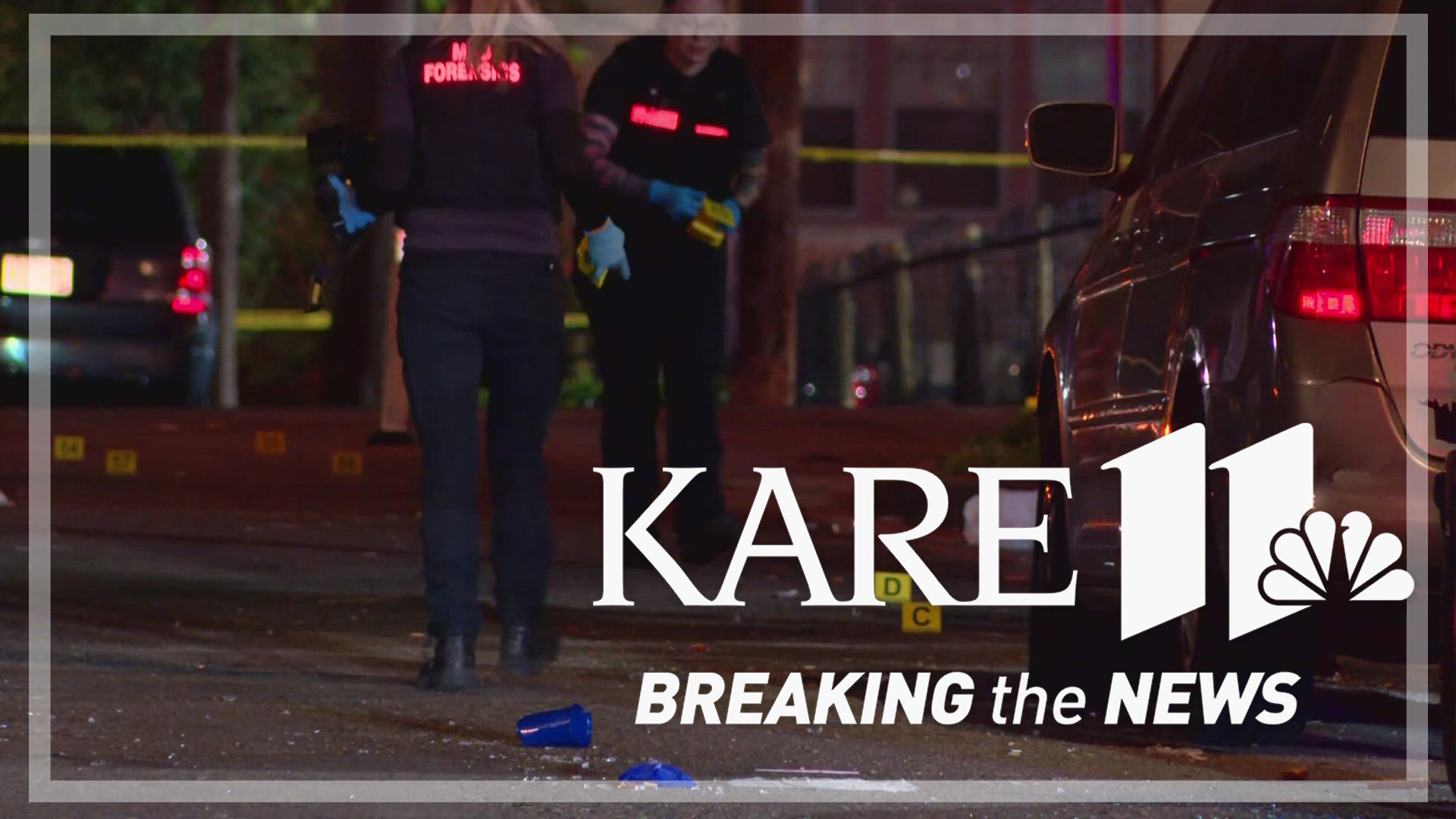MINNEAPOLIS — ShotSpotter has been part of Minneapolis for nearly two decades and it's the only city in the state that still uses the technology.
It's meant to detect where gunfire is happening and get emergency officials to the scene faster, but there's also research that finds it disproportionately impacts communities of color and contributes to over-policing.
Now the city council is weighing whether to keep using ShotSpotter that was first invented in the 1990s.
"In the last year alone, more cities have expanded their ShotSpotter coverage than discontinued services in the entire company's history," said ShotSpotter Vice President of Forensic Services Tom Chittum, that recently changed its name to SoundThinking Inc.
Chittum said sensors throughout the city can alert officers in less than 60 seconds through an app on their phone that he says leads to faster response and improved evidence collection.
That's something Minneapolis Police Chief Brian O'Hara agrees with.
"Really one thing is not a panacea to the problems we're facing around shootings and violence in the city, but it is a useful piece of technology," said Chief O'Hara.
Chittum said more than 170 cities use ShotSpotter across the country. But still, several others are cutting ties from San Diego to Seattle and Dayton and Chicago. The Office of the Inspector General in Chicago released a report in 2021 that said the technology isn't effective.
"The data we reviewed did not demonstrate a significant operational value," said Chicago's Inspector General Deborah Witzburg.
The government watchdog agency's report also found only 9% of responses produced any evidence - on top of a $33 million price tag.
"We don't draw conclusions in that report beyond the data analysis itself, that is for the city's policy makers to do," said Witzburg. "If anything, our report is a call for just that, a transparent, open policy conversation around the cost and benefits of this technology."
Minneapolis councilors mulling whether to extend its own contract with SoundThinking Inc., which expires in two years. It's also considering expanding it into areas seeing growing gun violence, including south Minneapolis and Loring Park. The councilors say the technology will also undergo a comprehensive evaluation into its efficacy at the same time.
"This felt like a good way to lean into some of that evaluation but also get some answers and change direction based on that evaluation," said Councilor Jeremiah Ellison.
Critics also argue it leads to over-policing and disproportionately impacts communities of color, creating alerts that aren't necessary for other loud sounds like fireworks. In fact, the University of Minnesota Law School & Legal Rights Center analyzed public data from 2020-2023 and found there isn't any clear benefits in safety or gun violence reduction. The MacArthur Justice Center published similar findings.
"We use a comprehensive system for eliminating sounds that are not gunfire and we maintain a very high accuracy rate because of that," said Chittum.
The city wouldn't say how many sensors are spread throughout it - only that there have been about 2,130 activations so far this year.
"It's almost as if some people are arguing that ShotSpotter is causing the shootings to happen in those neighborhoods, when in reality we're putting the technology there and we're putting resources there because of the problem that exists," said Chief O'Hara.
Chief O'Hara also said the technology is helpful especially when staff is still so low.
Its future will now be in the hands of the full council and could come with a cost of hundreds of thousands of dollars.

